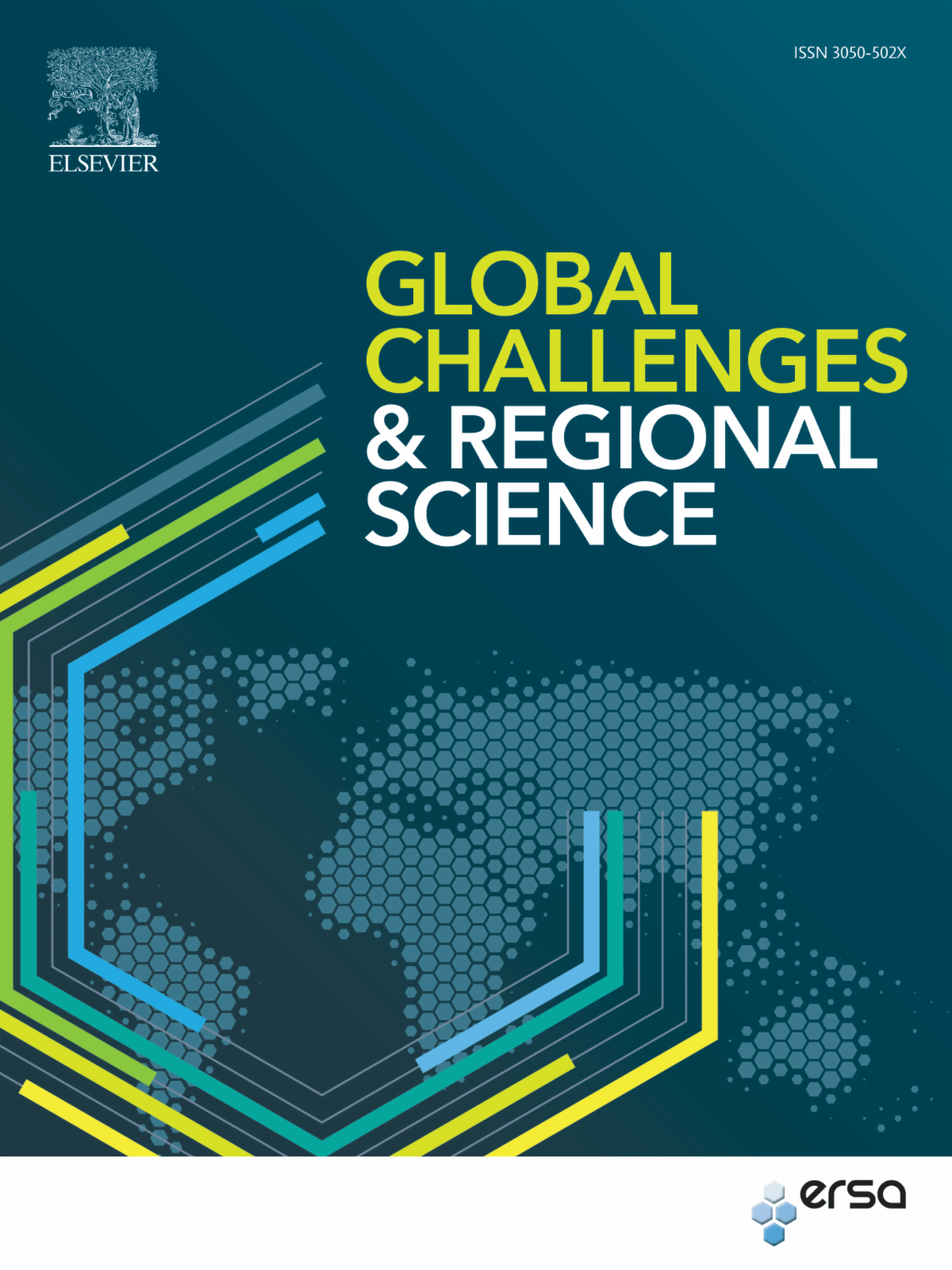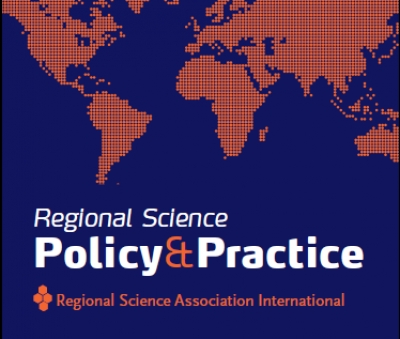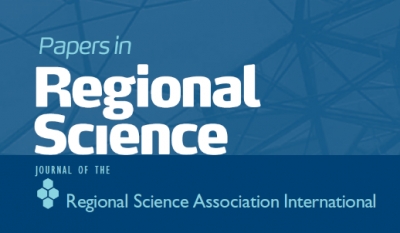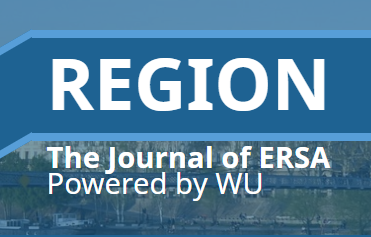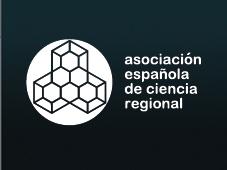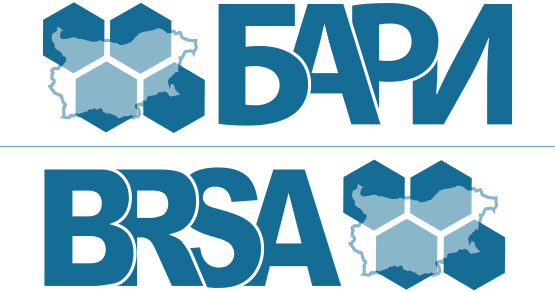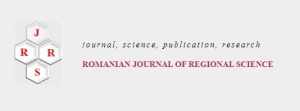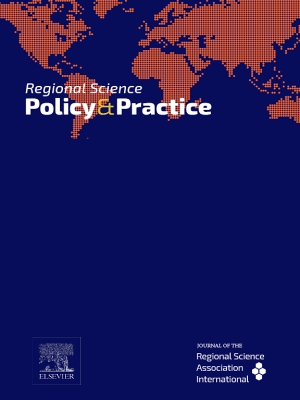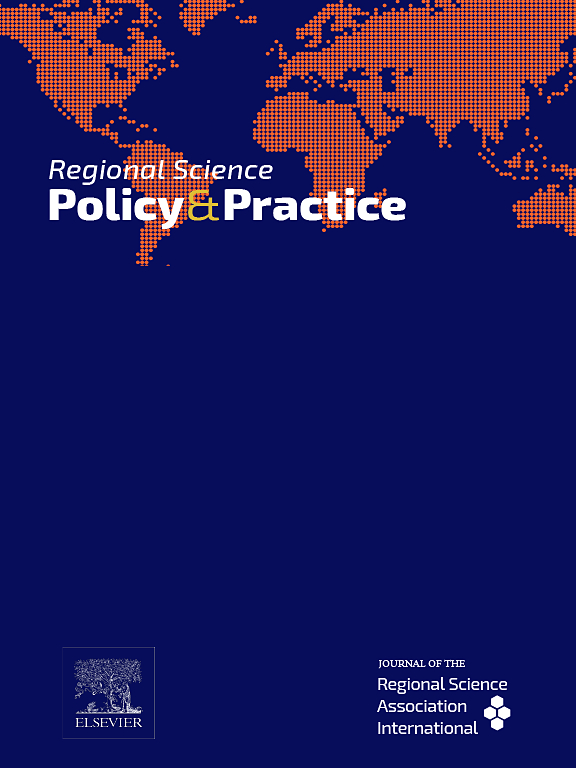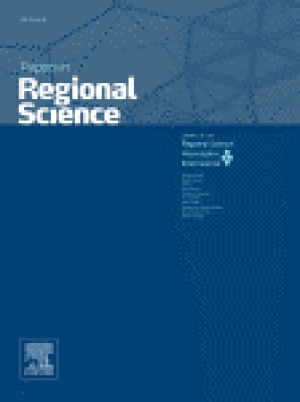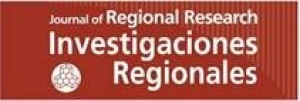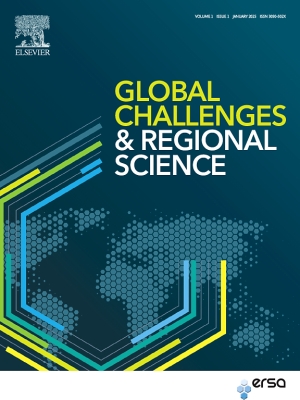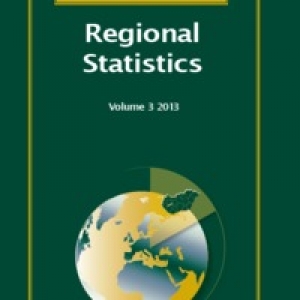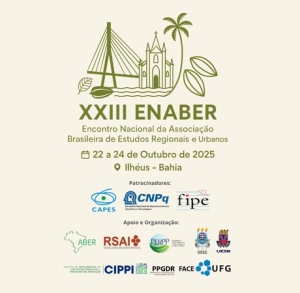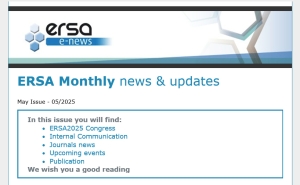Investigaciones Regionales - Journal of Regional Research has published the 62nd Issue, the second volume corresponding to 2025.
Below you will find the summaries of the papers published in this volume, which can be accessed at https://investigacionesregionales.org/en/revista/issue-62/
We invite authors to submit papers at https://investigacionesregionales.org/en/envio-de-articulos/submission-of-papers-and-others-contributions/
Issue 62
European Regional Policy
Francesco Molica, Anabela M. Santos, Andrea Conte
Measuring achievements: Can cohesion policy programmes effectively monitor their performance?
The paper investigates the ability of Cohesion Policy programmes to define accurate policy outputs and to reliably monitor their own performance through accurate indicators. Specifically, the analysis explores the extent to which indicators and output targets set by ERDF programmes for monitoring and evaluation purposes are revised over time, seeking to identify specific patterns related to different areas such as spending categories, typology of regions, etc. Our findings highlight significant challenges faced by programmes in establishing realistic targets, as frequent and substantial changes are introduced to a vast majority of them. However, we also observe that only a small proportion of indicators is modified over time, suggesting relative stability in the overall objectives of programmes. The paper provides useful evidence for the ongoing debate on whether adopting a fully-performance based model, where access to funds is contingent upon achieving results/outputs, would enhance the efficiency and effectiveness of Cohesion Policy.
Keywords: Cohesion policy; EU budget; NextGenerationEU; performance budgeting
Articles
Rafael Garduño-Rivera, Neil Reid, Haoying Wang
Mexico's Minimum Wage Data: Trends, Policies, and a Research Agenda
The decline of the real value of the minimum wage amid trade liberalization in Mexico has raised concerns about its policy effectiveness and unintended consequences. The literature has examined the impact of minimum wage adjustments on employment levels, worker earnings, poverty, and inequality. However, findings from different sample periods and regions still need to be reconciled. It is necessary to understand the mechanisms connecting minimum wage to other market components. This research note first explores Mexico’s minimum wage data from 1980 to 2023 to grasp its spatial and temporal trends. We then discuss several future research directions to explore mechanisms through which minimum wage potentially works, including the welfare effect of the policy, the informal sector, and interactions between different policy tools.
Keywords: Minimum wage; income inequality; policy effectiveness; trade liberalization; Mexican Economy
César Benavidez–Silva, Esthela Salazar, Alex Paulsen–Espinoza, Guillermo Chuncho–Morocho, Oscar Juela–Sivisaca, Aníbal González
Land use, climate change and biodiversity: an approach from meta-analysis (2001-2022)
In recent decades, land use changes have experienced a rapid increase due to various environmental,
demographic, economic, and sociocultural factors. These changes have led to significant environmental transformations on a global scale, affecting landscape stability and carrying significant implications for global change, habitat loss, biodiversity, ecosystem services, and the productive capacity of ecosystems. The aim of this study is to identify the relationships reported in the scientific literature between land use, biodiversity, and climate change. A dataset of over 20,000 bibliographic records published between 2001
and 2022 was analyzed using bibliometric techniques and specialized software. The results reveal that land use change is one of the main factors associated with global change, disrupting biogeochemical and hydrological cycles. Additionally, it is a leading cause of global biodiversity loss, impacting society’s relationship with the environment. The bibliometric analysis demonstrates a rapid increase in scientific publications on this subject in the last 20 years. This reflects the growing interest and concern of the scientific community in understanding the implications of land use change on biodiversity and climate change. In conclusion, this study underscores the importance of comprehending and addressing the effects of land use change on biodiversity and climate change to promote sustainable management practices and the use of appropriate technologies that contribute to understanding phenomena related to global change.
Keywords: Bibliometric analysis; LULC; ecosystems; climate change; biodiversity
Jonathan Torres-Tellez
The impact of different types of crimes on the recovery of house prices in Spain (2015-2019): an empirical analysis at the city level
The 2008 economic crisis in Spain triggered a significant correction in housing prices, and signs of recovery did not manifest until early 2014. This article delves into the Spanish context, examining how various types of crimes influenced the housing price recovery between 2015 and 2019. A fixed-effects panel data analysis was conducted across 119 Spanish cities. The findings demonstrate that housing values depreciate in response to an increase in criminal activity, with noticeable effects emerging within one to two years (-0.2%). Furthermore, it is confirmed that crime against property have a more pronounced negative impact on housing prices, especially robbery with violence (-1.3%) and burglary with forced entry (0.8%).
Keywords: Housing prices; crime; data panel; Spain
Marcos Valdivia López
Local Employment Multipliers in Mexico Cities: contributions of manufacturing, tradable and creative employment
This research estimates local employment multipliers for Mexican cities. To classify tradable and non-tradable sectors, the study employs both the traditional manufacturing/non-manufacturing classification and an alternative classification based on an employment concentration index that includes services. The findings indicate that manufacturing generates significant multipliers, at the upper bound of those estimated in other regions. However, the alternative classification yields much lower, and more reliable, multipliers. Additionally, the study reveals that creative and technological employment sectors produce larger multipliers compared to the average trade/manufacturing sector.
Keywords: Regional labor markets; local employment multipliers; tradable sector; creative employment; econometrics
Aleix Calveras, Jenny De Freitas
The impact of all-inclusive offerings in a tourism destination’s competitiveness
This study analyzes the impact of all-inclusive offerings on a destination’s competitiveness. When the rise in all-inclusive offerings causes a negative externality on complementary services, it creates a market-size effect. This results in an excessive supply of all-inclusive offerings in the market. Imposing different taxes on all-inclusive and non-all-inclusive offerings is more effective than a cap on the supply of all-inclusive offerings. Taxes can implement the optimal allocation. We expect the market-size effect to be harmful to competitiveness in mature destinations.
Keywords: All-inclusive; competitiveness; hotel industry; externalities; regulation
Paula Cruz-García, Jesús Peiró-Palomino
Bank restructuring and regional economic growth in Spain. Are branches still relevant?
The restructuring process of the Spanish banking sector initiated after the Great Recession of 2008 has led to a dramatic reduction in the number of bank branches. This paper analyzes the impact of branch closures on GDP per capita, labor productivity and employment per capita of the Spanish provinces in the period 2008–2018. The results show that bank branches have only a weak impact on employment, and no effect on productivity and GDP per capita. Therefore, if consumption and investment decisions of families and firms are affected by branch closures, the impact is not transferred to aggregate regional performance.
Keywords: Bank restructuring; branches; economic growth; Spanish provinces
José María Larrú
Divergency in poverty among Spanish Autonomous Communities: an empirical analysis
The paper analyzes the changes in poverty (both monetary and non-monetary) in the Spanish Autonomous Communities in the period 2008-2021. Through statistical methodologies, it identifies the existence of absolute divergence in poverty and conditional divergence in per capita income and inequality. The research finds statistical significance with poverty, the unemployment rate, minimum income transfers from the Autonomous Communities and the number of pensions per inhabitant. Neither of the educational variables considered were found to be statistically significant.
Keywords: Spanish Autonomous Communities; convergence; inequality; poverty
Books reviews
Patricio Aroca
Book review: Regional Policy: Theory and Practice – A Comprehensive Framework for Understanding and Implementing Territorial Development
Ugo Fratesi ‘s “Regional Policy: Theory and Practice” represents a significant contribution to the field of regional development studies, offering what is perhaps the first comprehensive treatment of regional policy that bridges theoretical foundations with practical implementation. Published by Routledge, this ambitious volume addresses a notable gap in the literature by providing a systematic examination of regional policy’s conceptual underpinnings, operational mechanisms, and evaluation frameworks.
 It is with great sadness that we report the passing of our fellow Regional Scientist, Oleg Smirnov. Oleg passed away unexpectedly on Sunday, June 8, 2025. Oleg was 62 years old.
It is with great sadness that we report the passing of our fellow Regional Scientist, Oleg Smirnov. Oleg passed away unexpectedly on Sunday, June 8, 2025. Oleg was 62 years old.



